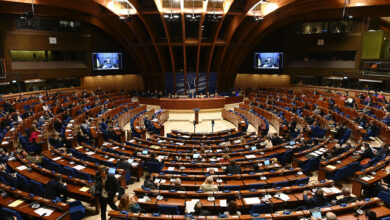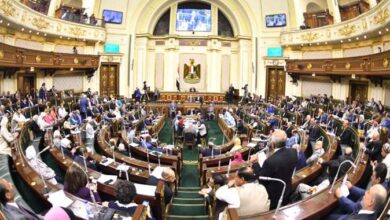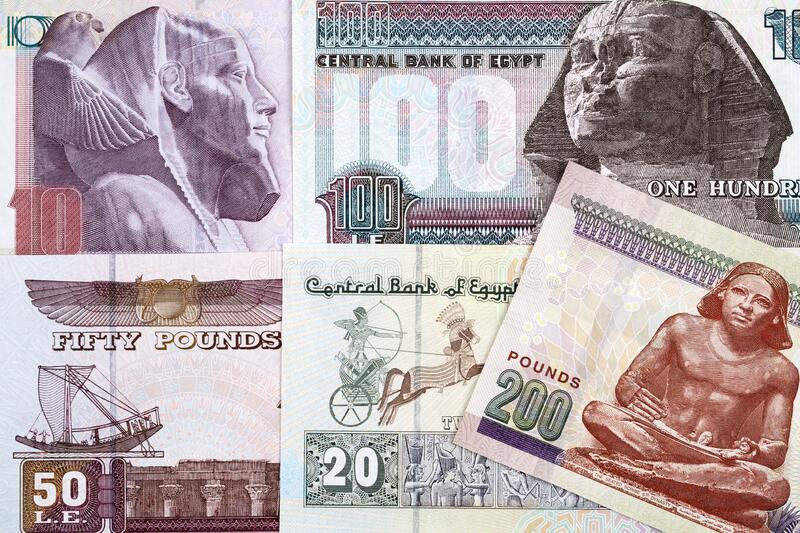The Arab Spring uprisings last year brought no increase in the number of women in the region's parliaments, a UN report said Friday.
At the end of 2011, women accounted for only 10.7 percent of lawmakers in Arab states, barely the same number as before the protests which brought down leaders in Tunisia, Egypt, Libya and Yemen.
"Despite the promising start to the year, the Arab region remains the only one in the world without any parliament that includes at least 30 percent women," said the report by the new UN Women agency and the Inter-Parliamentary Union.
Qatar and Saudi Arabia were two of seven parliaments with no women. The others are Belize, Micronesia, Nauru, Palau and the Solomon islands.
"These developments are less than satisfactory," said the "Women in Parliament in 2011" report.
In Tunisia, a national election in October saw two fewer women elected than the previous poll in 2009.
In Egypt, legislative polls last year also saw only 10 women win seats in the 508 member chamber — down from 64 reserved in the previous parliament. A new electoral law only demanded that each party have at least one woman on its candidate list, but not necessarily in a top spot.
Libya has passed a law demanding parity for women in candidate lists for 80 of the seats in the country's new 200 seat General National Congress.
In Morocco, women took 16.7 percent of the seats in the lower chamber after a change in the law which ordered 60 seats reserved for women.
The UN said about one third of all parliaments around the world where more than 30 percent of lawmakers are women, are states in democratic transition which brought in special laws after conflict to boost sex equality in politics.
"That this was not done in the Arab region signals a missed opportunity to address inequalities of the past," the report chided.
Women's representation was boosted globally last year. Thirty single or lower house chambers had 30 percent or more women as lawmakers, up from 25 parliaments in 2010. Seven now have more than 40 percent and two — Rwanda and Andorra — have 50 percent.
Women won 2,296 of the 10,553 legislative seats disputed around the world in 2011, the UN said.
The survey indicated that women have made major progress in recent decades but still have a long way to go to reach parity with men as political powerbrokers. Of the 59 countries that held elections in 2011, 26 had special measures such as quotas for women.
But only eight out of 152 elected heads of state and just 14 out of 193 heads of government are women. The report said the number of women ministers has made a modest rise from 14.2 percent of the world's total in 2005 to 16.7 percent at the end of 2011.
The Nordic countries still lead the world with 42 percent of parliamentary seats held by women, especially after new gains in Denmark and Finland. The rest of Europe manages an average of 20 percent.
Germany is 21st in the world league table for women MPs with 33 percent. Britain is joint 53rd with Malawi on 22 percent, while France is 69th with 19 percent.
Latin America saw the greatest progress and the biggest setback for women in parliament. An extra 20 women were elected in Nicaragua, taking the proportion from 18.5 percent in 2006 to over 40 percent. But in Peru the number fell from 29 percent to 21.5 percent.
The United States is in joint 78th position, with Turkmenistan, with just 17 percent of its lawmakers women.
Nepal was the top Asian country with women making up 33 percent of its parliament.



